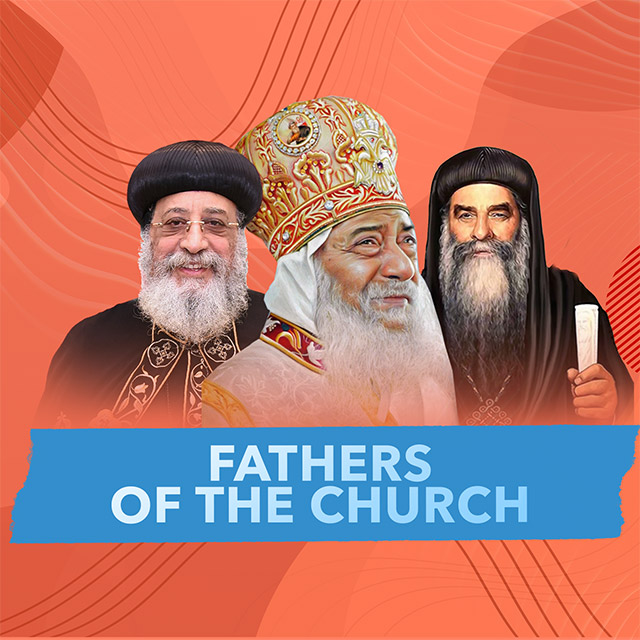By the departed H.G.Bishop Bemin.
The Four Functions of the Church are:
Liturgia – Koinonia – Diakonia – Martyria
The functions of the Church are summarized in these four key terms:
1. Liturgia (Worship)
2. Koinonia (Fellowship)
3. Diakonia (Service)
4. Martyria (Witness)
Each of these expresses a complete aspect of church life and reflects the life of the early Church as it was revealed in the Book of Acts and the writings of the Apostolic Fathers.
⸻
First: Liturgia (Worship)
This includes all forms of public worship offered by the Church for the glory of God and the sanctification of the faithful. It encompasses:
• The Holy Liturgy (Eucharist)
• The Sacraments
• The prayers of the Agpeya
• Psalms, praises, and church hymns
• All liturgical celebrations and feasts
• The offering of incense and candles
• The use of icons and liturgical vestments
Worship is not just rituals or external expressions, but it is an act of love in which the Church offers herself wholly to Christ the Bridegroom.
Worship is the movement of the soul and the spirit toward God. It lifts us above the earthly and connects us to the heavenly.
Worship is an expression of the life of the Church—a life hidden in God. Worship is theology in action and a participation in the divine mysteries.
This is why in true liturgical life, we are elevated above the visible world, and our spirits commune with the heavenly realm, united with the angels and saints.
✝️ “Worship in spirit and truth” is a life of communion with God, in which we receive the fire of the Holy Spirit and partake of divine mysteries.
✝️ “Let us lift up our hearts”—we lift them to the heavens and beyond the veil.
✝️ “We look for the resurrection of the dead, and the life of the age to come.”
Worship opens for us the mystery of eternity and the taste of the age to come. It gives the believer a vision of the unseen, and through it, he ascends to the realm of the divine.
⸻
Second: Koinonia (Fellowship)
The second function of the Church is fellowship and unity—the unity of the members of the one Body in Christ. As the Lord said:
“That they all may be one, as You, Father, are in Me, and I in You” (John 17:21).
This unity is the fruit of the Holy Spirit, who unites the believers in the fellowship of love, the unity of heart, and the bond of peace.
Fellowship means living the life of love and sharing everything in common—as the early Church did when they had one heart and one soul and no one said that any of the things he possessed was his own (Acts 4:32).
This fellowship is not only spiritual, but also practical and material—it includes sharing food, drink, clothing, shelter, and all resources with those in need.
In such fellowship, the Spirit of Christ dwells and works. Where there is love, there is God, and where there is unity, there is the kingdom of heaven on earth.
Diakonia (Service) and Martyria (Witness) are two fundamental concepts in Christianity, especially in the Coptic Orthodox Church.
Diakonia (Service)
• Diakonia means service and working for the benefit of others.
• In the Coptic Orthodox Church, Diakonia refers to the Church’s ministry to the poor, the needy, and the sick.
• Diakonia is an essential part of Christian life, as Christians are encouraged to serve others and offer help to those in need.
Martyria (Witness)
• Martyria means witness and martyrdom for the sake of faith.
• In the Coptic Orthodox Church, Martyria refers to the testimony of Christians who were martyred for their faith.
• Martyria is a central part of the history of the Coptic Orthodox Church, as many Christians in Egypt were martyred for their belief.
These two concepts highlight the importance of Christian life through service and witness for the sake of faith.












